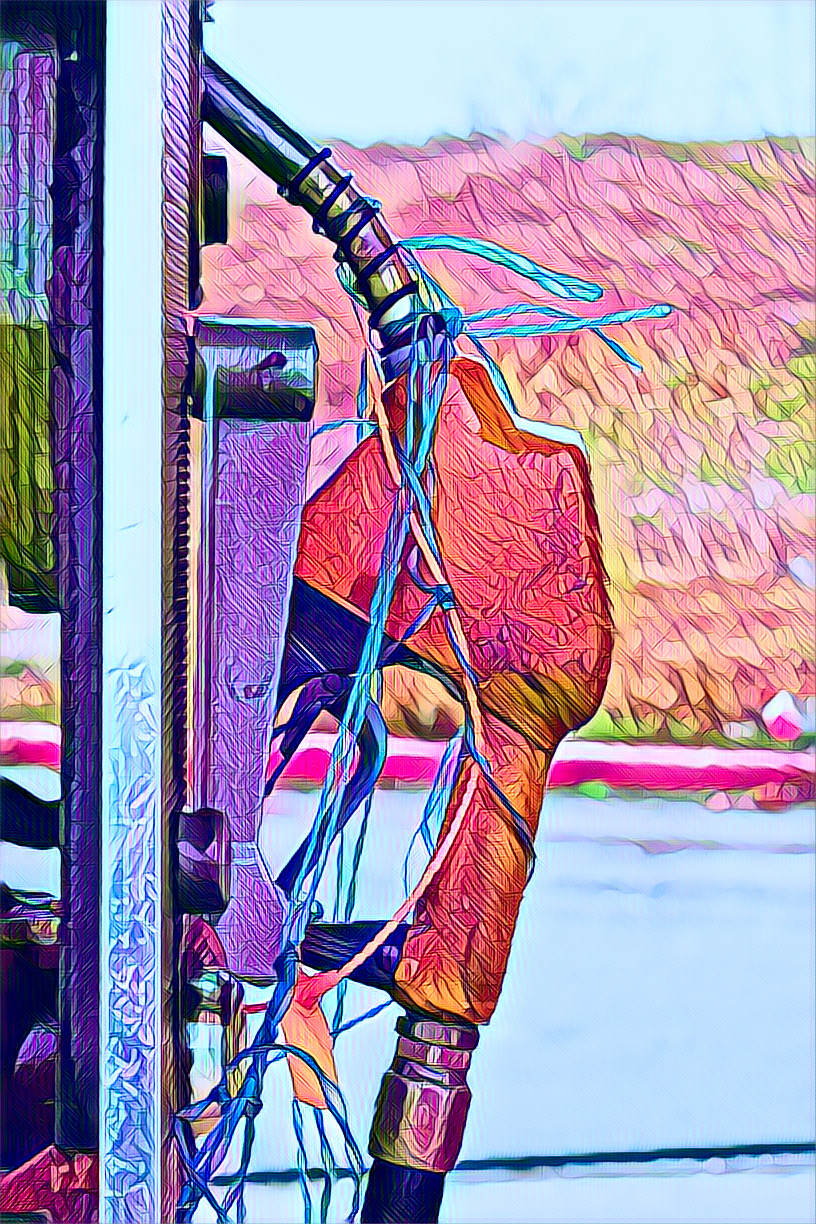Across the nation, a severe petrol shortage is wreaking havoc on businesses and disrupting the daily routines of millions. The scarcity, primarily caused by logistical challenges and compounded by adverse weather conditions, has led to long lines at petrol stations and soaring prices, placing a heavy burden on both consumers and business owners.
The effects of the petroleum scarcity are noticeable in places like Lagos, Abuja, and Port Harcourt. Long lines of cars have formed at gas stations, and many of them are empty. In addition to having an impact on drivers, this scenario has resulted in a substantial spike in transportation expenses due to the sharp increase in public transit rates and delivery fees for goods and services.
Uche Adams, a trader in Lagos, expressed his frustration, noting that he had been unable to conduct his business for two days due to his inability to procure petrol. The scarcity has left him and many others like him stranded and financially strained.
In the Federal Capital Territory (FCT), the shortage has been particularly severe, leading to a thriving market for ‘black marketers’ who sell petrol at exorbitant rates. Adamu Abdullahi, who owns a barber shop in Kubwa, Abuja, mentioned that he could only operate for five hours due to the scarcity, with black market prices soaring above N1,000 per litre.
As of now, private depot owners in Lagos have increased the price of petrol from N630 to N720 per litre, affecting the supply chain down to consumers. Previously, these depot owners supplied petrol to independent marketers at prices ranging from N630 to N650 per litre, while the Nigerian National Petroleum Company (NNPC) supplied it to major marketers at around N600 per litre.
The few filling stations that are operational have also hiked their prices, with some charging as much as N800 per litre. For instance, the Umaru A. filling station in Lokogoma was seen selling petrol at N800 per litre to a long line of desperate customers, including private vehicle owners, taxi drivers, and motorcyclists.
The situation has drastically affected individuals like Uche, a taxi driver operating on the Airport Road-Federal Secretariat route in the FCT. He shared his plight, stating that the fuel scarcity has significantly reduced his daily earnings, which typically range from N30,000 to N50,000. “I have been looking for where to get fuel since Saturday evening,” Uche said, revealing his desperation as he considered purchasing fuel from the black market despite the high cost.
The NNPC has attributed the recent disruptions to a storm that impacted ship-to-ship (STS) transfer operations, which are crucial for moving petrol between large ocean-going vessels and smaller coastal ships. Olufemi Soneye, the chief corporate communications officer at NNPC, explained that the storm not only hindered these transfers but also affected the berthing at jetties and the loading of trucks, which are essential for distributing petrol inland.
Flooding on key truck routes has further complicated the distribution process, making it difficult to transport fuel from coastal areas to inland regions like the FCT. Despite these challenges, the NNPC is working with various stakeholders to resolve the issues and restore normalcy to the fuel supply across the nation.
Soneye emphasized that the NNPC had resumed loading in regions where conditions had improved and expected the situation to continue to get better in the coming days. He also urged motorists to avoid panic buying and hoarding petrol, which can exacerbate the shortage.


